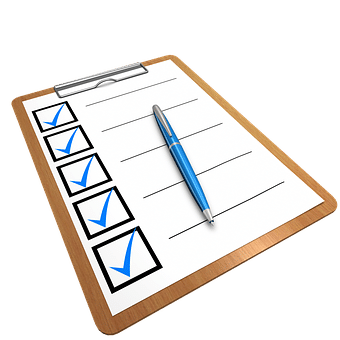
Many seniors entering retirement often question “will I have enough money?” It can be a particularly important question especially for those who plan to rely on Social Security which hasn’t necessarily kept up with the cost of living. With potential cost increases, such as healthcare, utilities, and home maintenance, many retirees can be left struggling to pay their bills.
What senior homeowners may not realize is that they have a major asset that can help alleviate their financial stress, their homes. Zillow estimates that roughly 34% of owner-occupied homes in the U.S. are owned by someone at least 60 years old.1
A reverse mortgage loan allows seniors access to funds while they continue to live in their home.2 Instead of having to pay your monthly mortgage payment every month3, borrowers can receive funds as a line of credit, equal monthly payments or even as a lump sum (only available for fixed-rate loans).
To qualify for a reverse mortgage loan, you must be at least 62 years old, own the home and live in it as your primary residence, and have sufficient equity. You must also continue to maintain the home, pay property taxes, and have current homeowner’s insurance.
Here are some scenarios when a reverse mortgage could be a great solution:
Your credit is not great, but you need additional funds
If you don’t have a great credit score borrowing money can be tricky. Generally speaking, your credit score is not taken into consideration when determining if you qualify for a reverse mortgage. Instead, it takes into account the amount of equity you have in your home, your age, and any liens.
You want to eliminate your monthly payment
Unlike a traditional forward mortgage or other home equity loan where you are required to make a monthly mortgage payment, with a reverse mortgage loan, payments are made to you by the lender. If you have an existing mortgage, the reverse mortgage proceeds will pay that off first; therefore, eliminating your monthly mortgage payment.3 With the increase in cashflow, you can use the funds to help with daily living expenses, unforeseen medical expenses, or fund any necessary home improvements/repairs.
You want the flexibility to repay the loan
If you have equity in your home, you usually have the option to borrow against it with a home equity loan or home equity line of credit. However, if you take one out, the repayment of the loan will begin immediately. With a reverse mortgage, you don’t need to repay it until you move out of your home, sell your home, or pass away. You even have the option of making payments towards the loan if you like, but it is not necessary.
Are you interested in learning more about a reverse mortgage and how it may benefit you during retirement? Call (800) 976-6211 to speak with a licensed reverse mortgage specialist to see how much you may qualify for.
1 https://www.zillow.com/research/silver-tsunami-inventory-boomers-24933/
2Your current mortgage, if any, must be paid off using the proceeds from your HECM loan. You must still live in the home as your primary residence, continue to pay required property taxes, homeowners insurance, and maintain the home according to FHA requirements. Failure to meet these requirements can trigger a loan default that may result in foreclosure.
3 Your current mortgage(s) and any other existing liens against the property must be paid off at or before closing.
